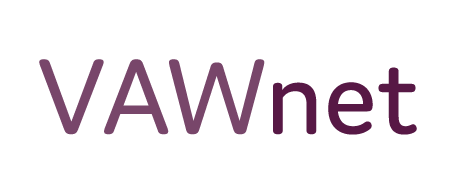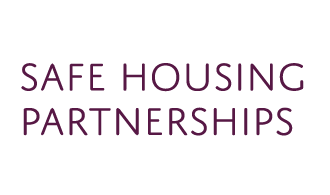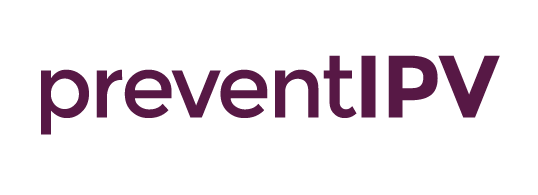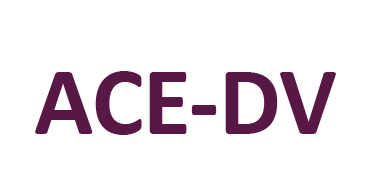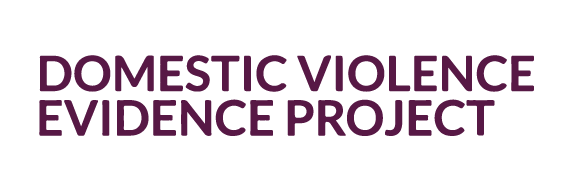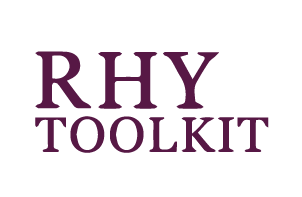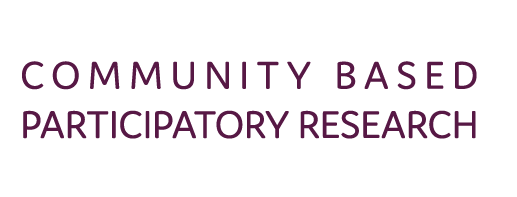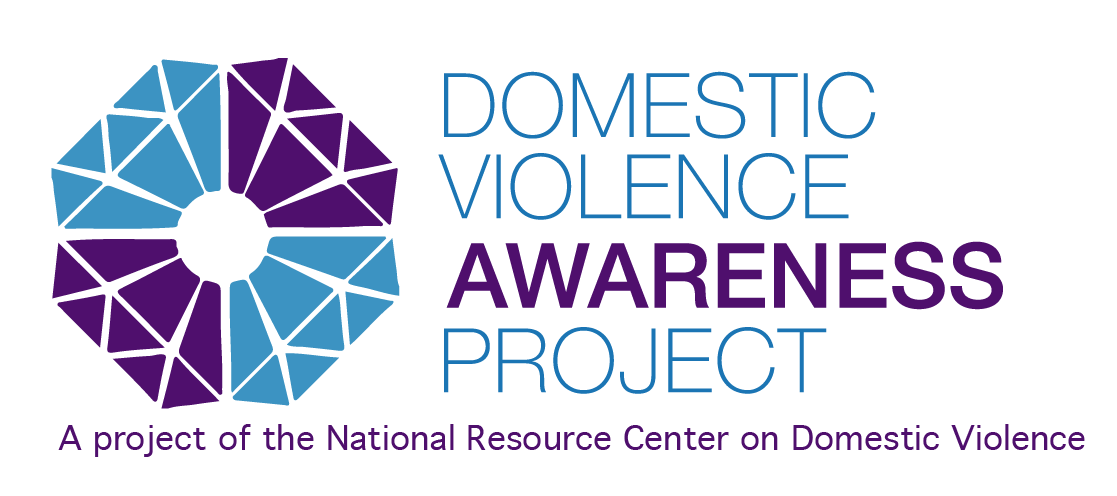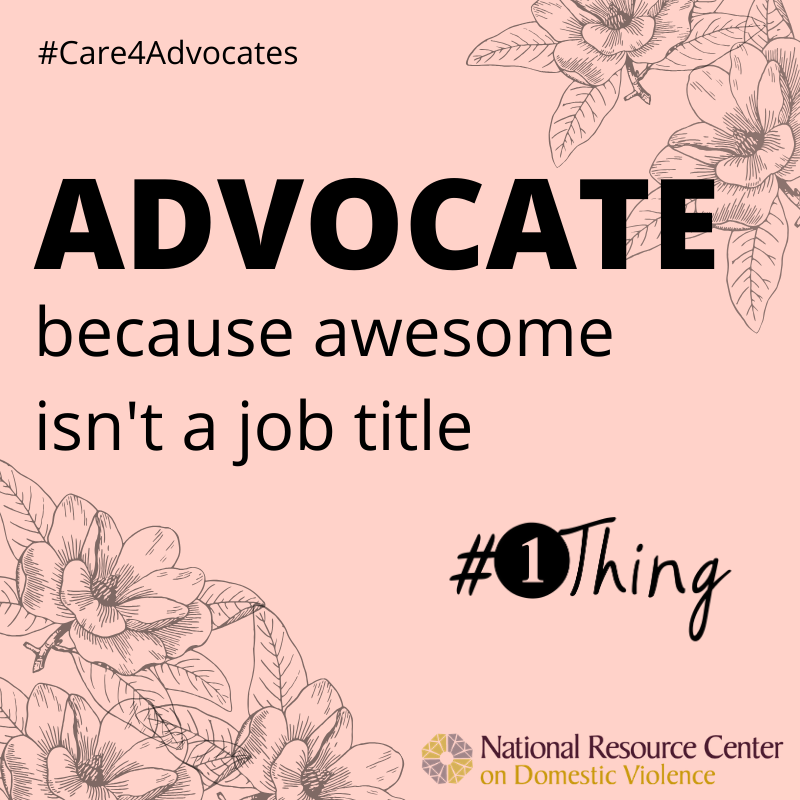MAY 6, 2020
By Casey Keene, NRCDV Director of Programs & Prevention
Advocacy during COVID-19 is difficult, and essential. Many advocates are putting themselves at risk to support survivors’ safety at this time when the challenges and barriers seem insurmountable. NRCDV recognizes and values the important work of advocates – a role that has been largely invisible in the outpouring of appreciation for essential workers at this time, yet one that has a tremendous impact on the lives of people who are experiencing abuse within the context of our shelter-in-place reality. Our #Care4Advocates campaign and resources seek to bring visibility to this critical work and support advocates’ well-being at this time.
“Biology is the least of what makes someone a mother.” – Oprah Winfrey
And wow, mothering and caregiving is difficult, and also essential. I have long marveled at the strength and bravery of mothers and maternal caregivers who survive domestic violence. Mothers who do not experience abuse already face tremendous cultural judgement and pressure based on unrealistic expectations of their role. Compound this with the blaming, shaming, and judgement of victimization, let alone the intense challenges and difficult choices that come with managing day-to-day parenting within the context of abuse, and the inherent resilience and strength of survivor mothers truly shines through. Those who advocate for survivors understand this on a deep level, carrying these families on their shoulders, and these stories in their hearts.
“You may not control all the events that happen to you, but you can decide not to be reduced by them.” – Maya Angelou
Mothers and maternal caregivers who are advocates do this work for many of the same reasons they mother – they believe in the power of love and compassion; they care about people and their right to thrive; they are invested in building safe, healthy, and strong communities. These separate identities are naturally intertwined, but have never been as integrated for mother advocates than at this very moment. The lifestyle we must all invest in to flatten the curve – the stay-at-home, online education, work-at-home or in masks and gloves, physical distancing reality of the COVID-19 experience – has forced these worlds together, and all within the context of collective trauma.
“The separation between work and personal life reenergizes us, but when your work comes home with you, we can be more susceptible to burnout. It is important for advocates to prioritize their wellbeing and set boundaries on their work schedule in order to keep going during this crisis.” – Ivonne Ortiz
 Those whose work requires them to be out in the community have no good options between the risks to their families of either financial insecurity or contagion. The fear inherent in both is an impossible burden. All of this has challenged maternal caregivers to find a new routine and a new balance, to strive to meet the new and complex needs of all who look to them for support, and to figure out new ways to sustain their own well-being amidst all the fear and uncertainty.
Those whose work requires them to be out in the community have no good options between the risks to their families of either financial insecurity or contagion. The fear inherent in both is an impossible burden. All of this has challenged maternal caregivers to find a new routine and a new balance, to strive to meet the new and complex needs of all who look to them for support, and to figure out new ways to sustain their own well-being amidst all the fear and uncertainty.
“I want them to see a mother who loves them dearly, who invests in them, but who also invests in herself. It’s just as much about letting them know as young women that it is okay to put yourself a little higher on your priority list.” - Michelle Obama
This Mother’s Day, NRCDV Radio offers a new episode in the Honoring Our Mothers podcast series in which our host and fellow advocate and mother, Ivonne Ortiz, leads a heartfelt conversation with NRCDV staff who share this identity. She explores the struggles of mothering and care-giving during this time of uncertainty, the ways in which we are coping (or not!), and the importance of nurturing our own well-being through self-preservation, community care and self-love.
The hardship, pain, and loss our communities are experiencing at this time may feel like too much to bear. Advocate mothers and maternal caregivers at NRCDV speak to the importance of fostering hope, and looking to the ways in which this collective experience is building our capacity for resilience.
Listen to the podcast, and share your own stories with us! And on Thursday, May 14th, be sure to join our upcoming webinar, Keeping your Cup Full is Essential to Trauma Informed Advocacy Part II, at 3pm Eastern time.
Here are some strategies for self-care that our storytellers shared:
“My treat is to watch Luther!” – Syeda Asma Yaqeen
“What helps me is going back to something my father always said: We cannot give what we do not have.” – Heidi Notario
“My candles – they are a must!... And also, I think for me, how I start my day really does impact my entire day… With my grandma’s cup and my coffee and my meditation and reading my devotionals… My morning rituals are really, really necessary.” – Arlene Vassell
Helpful Resources:
- Resources for Kids and Families from Futures Without Violence
- Supporting Parents, Caregivers and Their Children During COVID-19: Resources for Advocates Serving Families Affected by Domestic Violence from The National Center on Domestic Violence, Trauma, and Mental Health
- Parenting During a Pandemic from The National Sexual Violence Resource Center
- How to Support Children (And Yourself) During the COVID-19 Outbreak from The Center on the Developing Child at Harvard University
